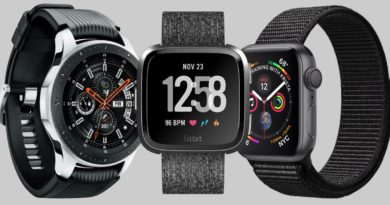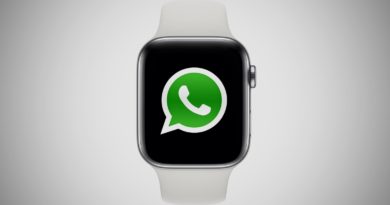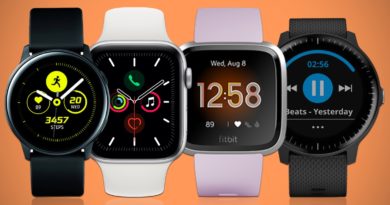Fitbit CEO is skeptical of Apple Watch AFib detection, says Fitbit’s will be different
Fitbit has just announced a lineup of new wearables for 2019, but some of the deeper health features it’s long been promising still haven’t landed. In 2017 Fitbit announced it was working on tracking sleep apnea, and in the same year it was reported that the company was working on atrial fibrillation detection.
CEO James Park has since confirmed the company is working on the latter, but neither feature has “gone live” on any of Fitbit’s devices, despite all of its latest wearables featuring a (mostly dormant) SpO2 sensor, which can be used to diagnose apnea and AFib. This also means Fitbit is now trailing behind Apple, which included an AFib detector in the latest Apple Watch Series 4.
Hands on: Fitbit Versa Lite Edition reviewWhen I recently asked James Park if these features will roll out this year, he said it was still “a TBD”. It all hinges on FDA approval, which is one reason the company hasn’t announced even a vague timeline, but Park also said that Fitbit’s AFib detection will work differently to Apple’s.
“I think for us its making sure that it’s really clinically relevant. It’s not just about alerting people, but making sure that there’s a good next step,” Park told Wareable. “I’m a big fan of these technologies and early detection coming out, but if you read some of the criticisms it’s about the number of false positives, the unnecessary raising of people’s anxieties. And if you look at some of the use cases you’re being told if you have AFib today this is not for you, or if you’re under 65 don’t really use it.”
“For us our strategy its not been about getting the latest features out there first, so when you see us launch FDA-regulated features like apnea or AFib we’ll be taking a different approach.”Studies have shown that the risk of atrial fibrillation increases with age. A 2001 study of 1.89 million Americans discovered that 0.1% of people under the age of 55 million had AFib, and that this rose to 9.1% for those over 85.
Apple’s AFib detection isn’t perfect, and Harvard physician Dr. Daniel Yazdi concluded – taking into account the sensitivity (the likelihood of having AFib if the Watch says you do) and specificity (the probability of not having it if the Watch says you don’t), which Apple has made public – the app will incorrectly diagnose atrial fibrillation 79.4% of the time in individuals under the age of 55.
But according to James Park it’s not just a matter of accuracy, but making sure users are being guided correctly. “I think it’s the accuracy of the algorithms and secondly it’s an education thing,” said said. “We’re working on both angles: can we decrease the number of false positives? Can we improve the sensitivity and specificity for a broader range of age group?”
Park wouldn’t say whether both apnea and AFib detection can happen on the current hardware as it is (the suggestion to date has been that it can be). The Apple Watch Series 4 has a titanium electrode in the Digital Crown that the wearer must place a finger on in order to create a circuit from the user’s fingertip through the heart.
This lets you take an ECG reading on the spot, but the Watch can also track for irregular rhythms in the background using the optical sensors alone, and Park suggested this may be possible with Fitbit’s existing technology. “I think there’s a lot of data you can get with purely the optical sensors,” he said.Park also spoke to the smartwatch industry at large, and why Fitbit is focusing on accessibility and simplicity in its new devices, the Versa Lite Edition and Inspire HR. “For smartwatches in general, people are still craving simplicity,” Park said. “I’m not sure that a lot of the competitive offerings out there hit it. Apple’s definitely leaning towards health and fitness, but if you look at a lot of Wear devices its still not clear why I’d want to get a Wear device. It’s still a bit ambiguous. For us its all about health and fitness.”
Hot smartwatch deals Wareable may get a commission


